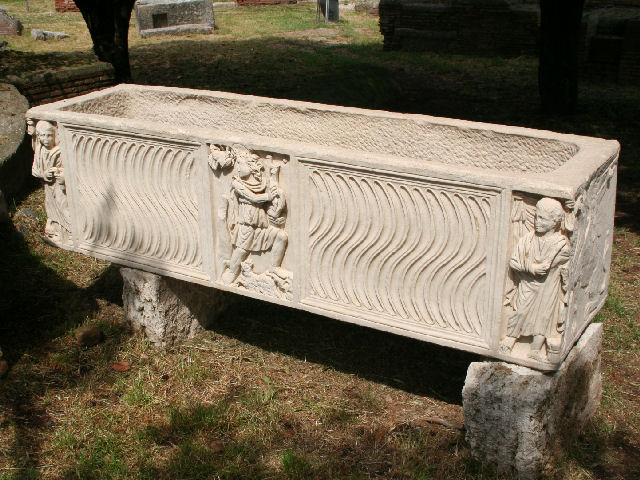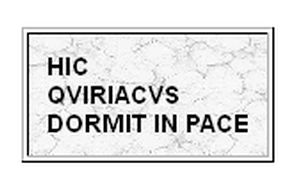
Requiescat In Pace?

Today these words are replaced by the phrase “rest in peace”. Wikipedia speaks of this as well, saying “Th[is] phrase was not found on tombstones before the eighth century.” Even though he sleeps in peace, was apparently replaced by rest in peace, the two expressions are not identical in meaning. The difference reflects a change in understanding of the condition of the dead by many mainstream churches.
Sleep vs. Rest
Peace is referred to in both phrases. The words on which we will focus our attention are sleep and rest. Sleep is a condition of unawareness to the events around us. It is temporary. If one merely sleeps, he can awaken. Rest, on the other hand, requires no loss of consciousness. One can rest even if wide awake.

Mainstream Churches After Christ
Mainstream churches espouse belief in an immortal soul, that is, that no human ever completely dies, but is transformed by releasing a living spirit at death of the body, destined for heavenly life. The person lives on in conscious existence. How does this compare with the teachings Jesus Christ imparted to his followers during his lifetime?
The Early Church of Jesus Christ
First century Christians were aware they would not only die, but they would be completely unconscious. In fact, they would no longer exist, except in God’s memory. But after the passage of many years, they would ‘stand up’, be raised again, to spirit life. Though they would remain at peace, resurrected Christians who had received the call to heaven would definitely not rest. They would be excited to take on their new assignment, their new responsibilities.
Other Christians, though not chosen to serve in heaven, would likewise be excited to take on their new assignments right here on earth. One of the first assignments is to teach those resurrected along with them who never knew the truths found in the Bible.
Thus, requiescat in pace is not truly an accurately descriptive phrase. The words were chosen based on an inaccurate concept of the state of those deceased.
Afterword: the above references do not completely accurately portray first century Christianity. Nevertheless, they come closer to that standard than mainstream churches do today. In addition, they reference the expression dormit in pace.
Note: You might also enjoy What is the Origin of Races?
References: